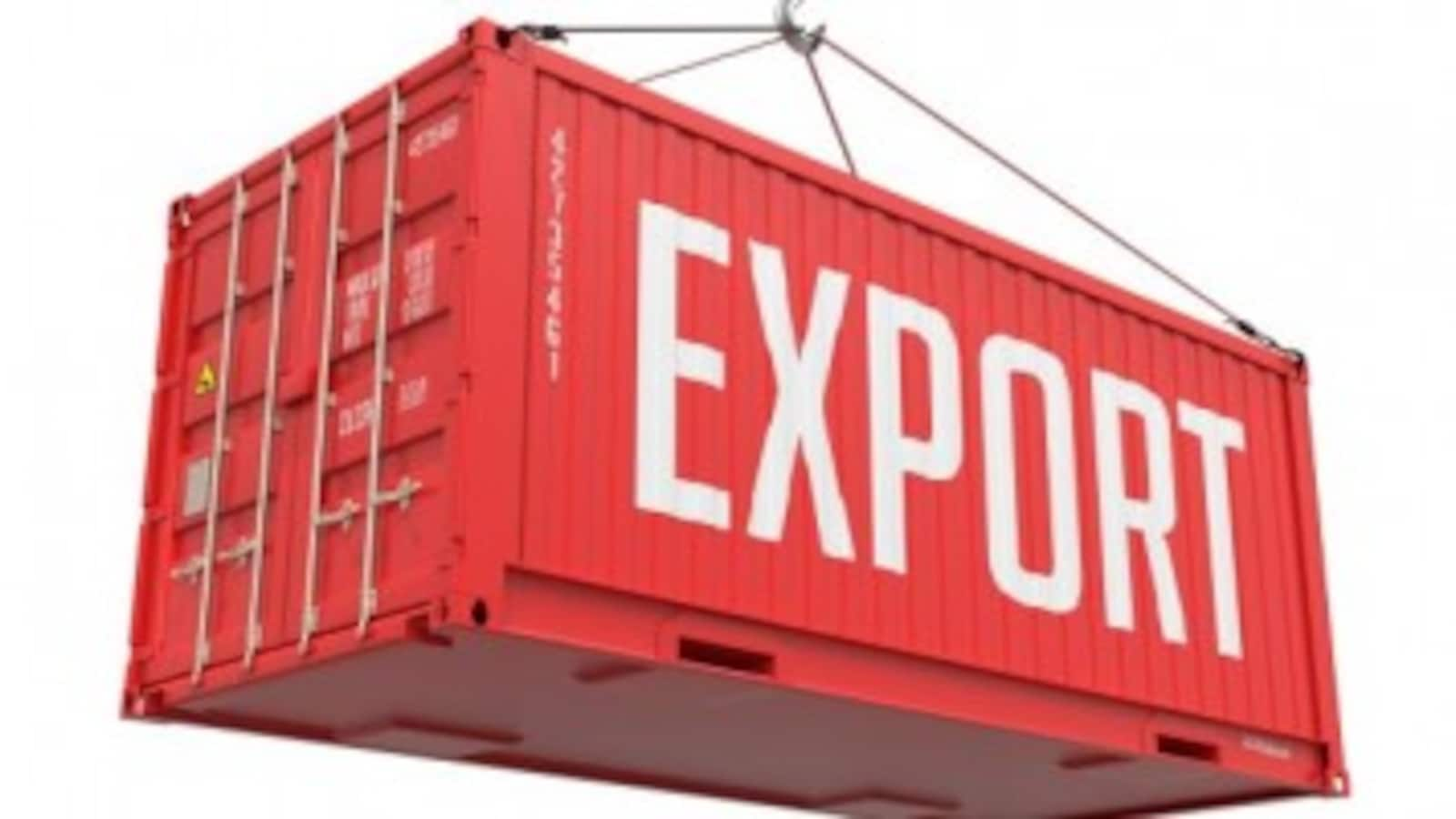A Certificate of Origin (CO) is a crucial document in international trade that serves as a formal declaration of a product’s country of origin. It acts like a passport for your goods, certifying where they were manufactured or substantially transformed. Here’s a breakdown of its significance in the world of exports and imports:
Why is it Important?
- Customs Clearance: Importing countries often require a CO for customs clearance. It helps them determine the appropriate import duty or tax applicable to the goods based on trade agreements or regulations.
- Trade Agreements: Many countries have preferential trade agreements that offer reduced tariffs or duty exemptions for certain products originating from specific countries. A CO acts as proof to avail these benefits.
- Compliance and Regulatory Requirements: Importing countries may have specific regulations or standards for imported goods. A CO can help demonstrate that the product meets those requirements.
- Product Traceability: A CO helps track the origin of a product throughout the supply chain, which can be essential for quality control, product recalls, or identifying counterfeit goods.
Who Issues a Certificate of Origin In India?
In India, the issuing authority for a Certificate of Origin (CO) depends on the type of CO you require:
Non-Preferential Certificate of Origin:
- Chambers of Commerce: Recognized Chambers of Commerce in India, authorized by the Ministry of Commerce and Industry, can issue Non-Preferential COs. These chambers typically charge a fee for this service. You can find a list of authorized chambers on the website of the Federation of Indian Chambers of Commerce and Industry (FICCI) or your local chamber’s website.
Preferential Certificate of Origin:
- Government Agencies: For Preferential COs that unlock benefits under specific trade agreements India has signed, you’ll need to approach the designated government agency responsible for that particular agreement. Some examples include:
- Export Inspection Council (EIC): Issues COs under various preferential trade agreements India has with other countries. You can find the list of agreements and application process on the EIC website.
- Agricultural and Processed Food Products Export Development Authority (APEDA): Issues COs for agricultural and processed food products under specific trade agreements. Refer to the APEDA website for details.
Additional Notes:
- In recent years, the Indian government has been working towards simplifying the CO issuance process. Some authorized banks might be able to issue COs under specific circumstances, but it’s advisable to check with your local chamber or the relevant government agency for the most up-to-date information.
- The Ministry of Commerce and Industry plays an administrative role in authorizing issuing bodies for COs.
Here are some resources to help you further:
- Ministry of Commerce and Industry – International Trade: https://commerce.gov.in/
- Federation of Indian Chambers of Commerce and Industry (FICCI): https://www.ficci.in/api/home
Remember, it’s crucial to confirm the specific issuing authority for your situation based on the type of CO you need and the trade agreement involved.
Types of Certificates of Origin:
There are two main types of COs:
- Non-Preferential CO (Normal CO): This is a standard CO used for goods that are not subject to any preferential trade agreements.
- Preferential CO (Free Trade Agreement CO): This type of CO is used for goods that qualify for reduced tariffs or duty exemptions under a specific trade agreement. It typically contains additional information compared to a non-preferential CO.
Obtaining a Certificate of Origin (CO) in India involves a few steps, but the process can vary depending on the type of CO you require (Non-Preferential or Preferential) and the specific product you’re exporting. Here’s a breakdown to help you navigate:
Non-Preferential Certificate of Origin:
1. Contact your Local Chamber of Commerce:
- Locate a recognized chamber authorized by the Ministry of Commerce and Industry. You can find a list on the Federation of Indian Chambers of Commerce and Industry (FICCI) website (https://ficci.in/api/home) or your local chamber’s website.
2. Obtain and Complete the Application Form:
- Each chamber might have its own application form, but they generally request details like:
- Exporter information
- Importer information
- Product information (description, HS Code)
- Invoice details
- Country of origin
3. Gather Supporting Documents:
- You may need to submit additional documents along with your application, such as:
- Commercial invoice
- Packing list
- Proof of origin for materials used in the product (if applicable)
4. Pay the Processing Fee:
- Chambers of Commerce typically charge a fee for issuing COs.
5. Submit your Application and Documents:
- Submit the completed application form and supporting documents to the chosen chamber. You may be able to do this online, by mail, or in person.
Preferential Certificate of Origin:
1. Identify the Relevant Government Agency:
- Preferential COs unlock benefits under specific trade agreements India has signed. You need to approach the designated government agency responsible for that particular agreement. Here are some examples:
- Export Inspection Council (EIC): For COs under various trade agreements (https://www.eicindia.gov.in/)
- Agricultural and Processed Food Products Export Development Authority (APEDA): For COs on agricultural and processed food products under specific agreements (https://apeda.gov.in/apedawebsite/COO/CoO.htm)
2. Review the Application Process:
- Visit the website of the relevant agency (like EIC or APEDA) and find the specific information on CO issuance related to your trade agreement. This will include details on:
- Applicable agreements
- Required documents
- Online application process (if available)
- Fees
3. Follow the Application Process:
- Each agency might have its own online portal or application form. You’ll need to submit the required documents and pay any applicable fees.
Additional Tips:
- Always refer to the latest information: The process for obtaining COs can evolve. Check the websites of relevant authorities for the most up-to-date guidelines.
- Plan in advance: Processing times can vary, so factor in CO application when planning your export timeline.
- Ensure accuracy: Mistakes in the CO information can cause delays or penalties at customs. Double-check all details before submission.
By following these steps and considering the type of CO you need, you can efficiently obtain the necessary document for your Indian export.
Disclaimer: This information is for general guidance only. It’s advisable to consult with your local chamber of commerce or the relevant government agency for the most accurate and up-to-date information specific to your situation.
Additional Important Considerations:
- Always check the specific requirements of the importing country. Different countries may have different formats or additional information needed in the CO.
- Ensure the CO is accurate and complete. Incorrect information can lead to delays or even penalties at customs.
- Apply for the CO well in advance of your shipment. Processing times can vary, so plan accordingly.
By understanding the importance and procedures related to Certificates of Origin, you can ensure a smooth and efficient experience for your international exports and imports.












